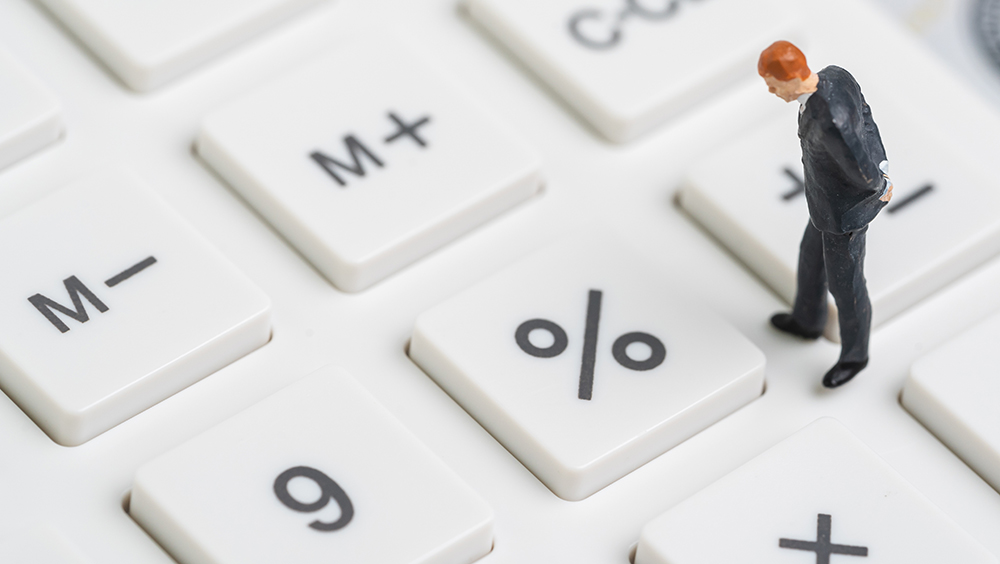
From a mortgage to credit cards, interest rates affect nearly everyone’s budget. Understanding how interest rates are set and how your credit score affects the rate you receive can show you ways to potentially pay less.
HOW RATES ARE SET
The twelve Fed members of the Federal Open Market Committee set the federal funds rate. The prime interest rate is actually set by individual banks. The federal funds rate is the amount banks charge each other for short-term loans and the starting point to set the prime rate for consumers. So, there is not just one prime interest rate. The prime rate you see published is usually an average of several large banks’ prime rates for that day. However, the most used prime rate is the one that the Wall Street Journal publishes daily.
Alternatively, some international banks or large banks with many international customers use the London Interbank Offer Rate (LIBOR) instead of the federal funds rate as their starting point.
CREDITWORTHINESS COUNTS
Banks generally charge their most creditworthy customers the prime rate. If you have less than an excellent credit score, you will pay a higher rate.
Variable interest rate loans, like adjustable-rate mortgages and credit cards, are impacted by the prime rate. For example, when the prime rate rises, the rate on your credit card will likely rise. Personal and auto loans have a fixed rate, which will not fluctuate with interest rates.
YOUR CREDIT SCORE
Depending on which model is used, credit scores range from fair to excellent. The interest rate you receive is influenced by your credit score, which you can improve over time, if necessary. The following responsible credit behaviors impact your credit score:
- Consistently pay bills on time
- Keep credit card balances low—the ratio between balance and credit limit is important
- Apply for credit only when absolutely necessary
- Pay off debt—the ratio between debt and income is important
- Check your credit reports regularly.

